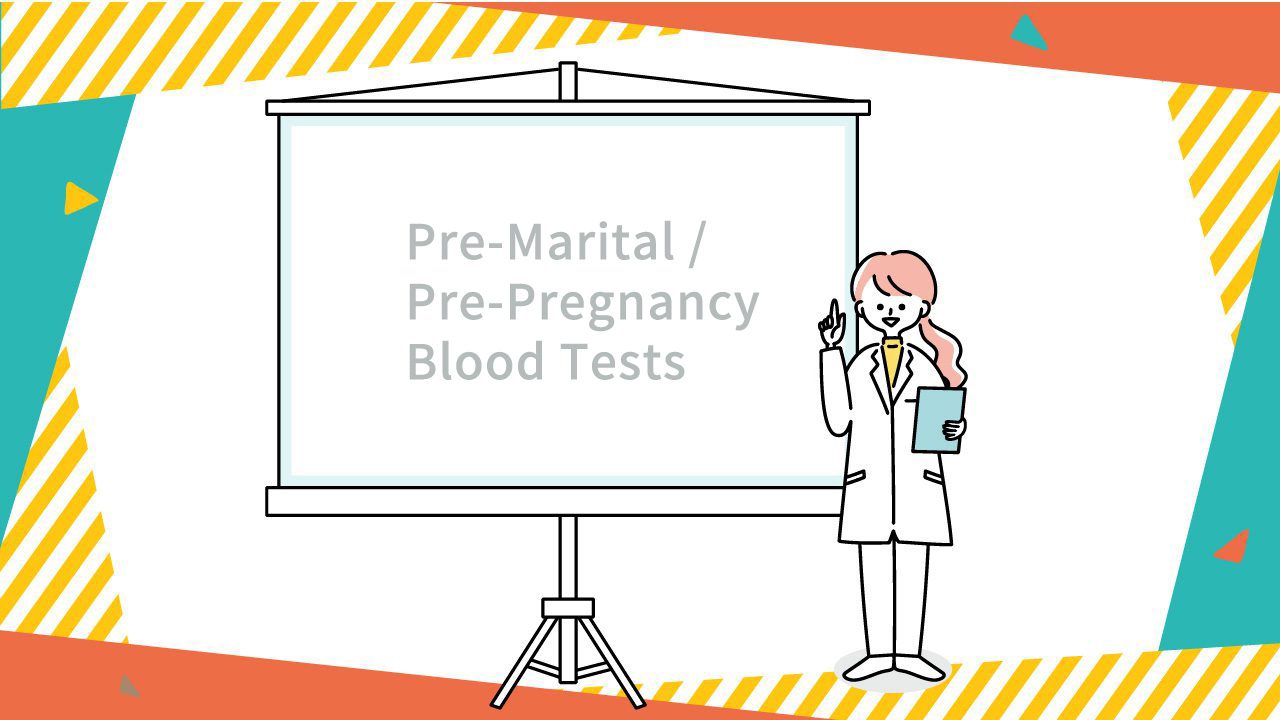Fragile X syndrome (FXS) is the commonest cause of inherited intellectual impairment. It affects up to 1 in 4,000 males and 1 in 8,000 females. It is inherited in an X-linked dominant pattern, caused by an increase in number of CGG repeats of the FMR1 gene on the X chromosome. The higher the number of CGG repeats, the more likely the individual will have health problems. Depending on the number of CGG repeats present, the FMR1 gene can be categorized into 4 forms:
|
No. of CGG repeats |
Category |
Clinical Disorders |
|
<45 |
Normal |
None |
|
45-54 |
Intermediate |
None |
|
55-200 |
Premutation |
Female: Fragile X associated Primary Ovarian Insufficiency (FXPOI) |
|
>200 |
Full mutation |
Fragile X Syndrome (FXS) |
Fragile X Full Mutation Carriers
All male carriers with full mutation suffer from Fragile X Syndrome (FXS). They present with learning difficulties (IQ less than 70), delayed milestones and behavioral problems, along with some physical features such as high forehead, large testicles, large jaw and long ears. About 50% female carriers with full mutation suffer from FXS, with mild to moderate mental disabilities, generally less severe than males.
Fragile X Premutation Carriers
Fragile X premutation carriers do not have any symptoms when they are young. Around 20% female premutation carriers will have premature ovarian failure (POF), which is a complete cessation of menstrual periods before the age of 40. This is known as Fragile X-associated Primary Ovarian Insufficiency (FXPOI).
Fragile X-associated Tremor / Ataxia Syndrome (FXTAS), a neurodegenerative disorder, affects approximately 40% of males and 16% of females with Fragile X permutation starting from 50 years of age. Symptoms include tremor, cognitive decline, nerve impairment, Parkinsonism, urinary and bowel incontinence.
Why do we need to screen for FXS carrier status?
The prevalence of Fragile X premutation in female is approximately 1 in 250-1,000. A female premutation carrier does not have symptoms, but she can pass the abnormal gene to the next generation, and the premutation gene may expand to become a full mutation in the offspring which then leads to FXS in her children. The risk of the premutation gene expanding to become a full mutation in the next generation varies from 4 to 98%, depending on the number of CGG repeats present in the carrier mother. The more repeats a carrier mother has, the higher the chance of her having a baby with a full mutation and thus affected by FXS. Mothers who are premutation carriers can consider prenatal diagnosis.
Who should consider Fragile X carrier screening?
Women who are pregnant or who are planning for a pregnancy and have the following conditions should consider Fragile X carrier screening:
-
Family history of FXS or Fragile X associated disorders, unexplained mental retardation, developmental delay, autism or menopause before the age of 40;
-
Personal history of primary ovarian insufficiency;
-
Women who are worried about carrying a baby with FXS.
The American College of Obstetricians and Gynecologists (ACOG) also recommends women with the above characteristics undergo Fragile X carrier screening. Screening of the male partner is usually not recommended because of the mode of inheritance.
What does it mean if the screening test is negative?
A negative test provides reassurance because the chance of a woman having a child with Fragile X Syndrome is reduced. However, the test does not exclude point mutation, deletion, or mosaicism in the FMR1 gene or other regions of the genome that cause FXS. Therefore, even if the test result is negative, the woman still has a small chance of being a carrier, but the chance is much lower than before the test. This is called a residual risk. Thus, a negative test result does not guarantee a normal baby.
What if the screening test is positive?
Female premutation carriers are at risk of passing the abnormal gene to her offspring, and the women and may develop FXPOI and FXTAS later in life. They should be counselled by a geneticist. A pregnant permutation carrier may consider prenatal diagnosis to find out if the premutation gene has been passed on to her baby and if so, whether the permutation gene has expanded to become a full mutation, and in this case, the baby she is carrying will have FXS.






